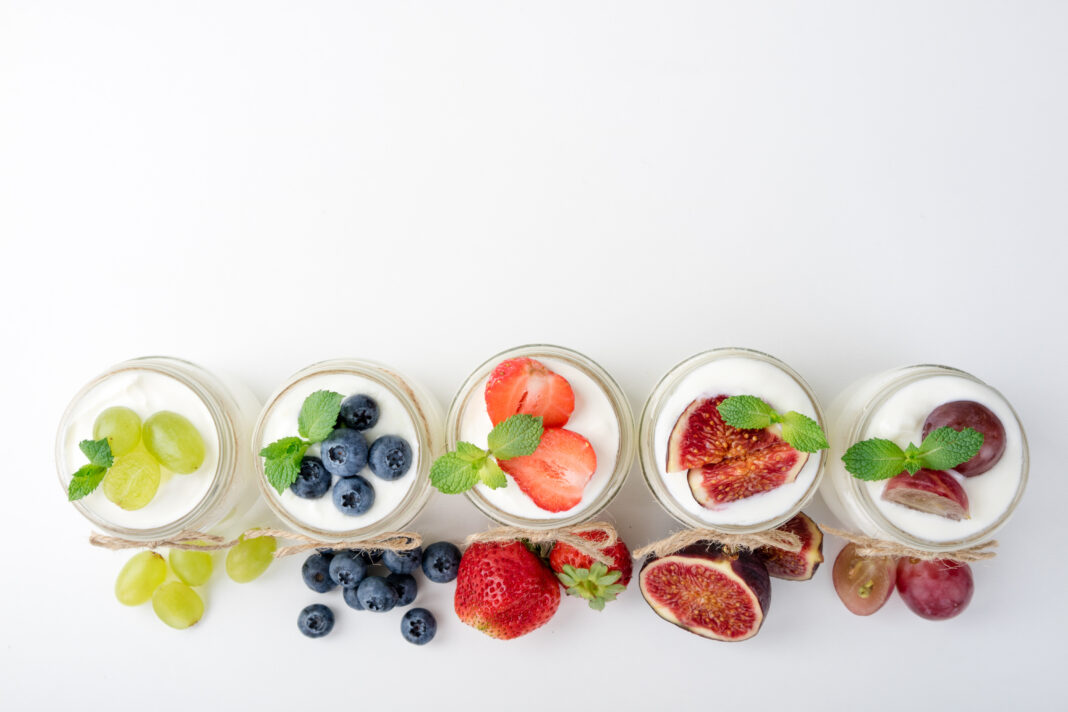Rich in valuable antioxidants, vitamins, minerals, omega 3, fatty acids and fiber, the Greek land superfoods are all around us, even outside our door!
“Let food be thy medicine and let medicine be thy food.” Hippocrates
The list of “magic” foods that Greek nature generously offers is extremely long and rich. From every corner of Greece, these nutritional treasures, when consumed in a framework of balanced and quality diet, offer health benefits, help avoid diseases and supply the organism with energy and strength.
From Chios and Crete to Kozani and Messolonghi, Greek superfoods always deserve a place on our table.
Starting with the “king” of Greek superfoods, that every country ought to envy, it is no coincidence that the Greek olive oil is considered to be the best in the world. The value of “liquid gold”, as Homer referred to it, had already been recognized in ancient times by Hippocrates, Diocletian and Dioscorides who were aware of its healing properties. In ancient times, olive oil was a blessing that athletes anointed on their body during games and was also valued for its medicinal properties.
The protagonist of Mediterranean diet is associated with health and longevity and offers numerous benefits. Rich in valuable fats and powerful antioxidants, it fortifies the organism against cardiovascular diseases, has strong anti-inflammatory properties, can help prevent the development of Alzheimer’s, fights depression and moisturizes the skin and hair.
The Greek island of Santorini is home to capers, a plant high on the list. Such a small bud is, yet, so rich in antioxidant flavonoids that it traditionally had medicinal use for hundreds, if not thousands of years. But that’s not all. Current research studies its potential anticancer, antidiabetic and anti-inflammatory properties as well as potential benefits to the circulatory and gastrointestinal system.
The Kozani saffron contains valuable nutrients for the human body. The “red gold” of the Greek land holds a special place in the history of medicine, while scientific studies have shown, among other things, that it benefits the cardiovascular system, it helps fight anxiety and acts as a mood elevator, it improves memory and also helps prevent neurodegenerative and psychiatric diseases. It is one of the most expensive spices in the world – it takes more than 50,000 flowers to produce 100 gr of red crocus.
Another Greek product that modern science acknowledges for its benefits in human health is Chios Mastic. It grows in the south of the island, the famous Mastichochoria, and became world renowned by travelers visiting Chios as early as the 10th century. The first reports on its beneficial properties date back to antiquity and were attributed to Hippocrates and Dioscorides. Since then, countless scientific studies have confirmed the beneficial and medicinal activity of Chios Mastic against diseases of the digestive system, its contribution to dental hygiene and its antimicrobial, anti-inflammatory and antioxidant activity.
With high nutritional value, honey, the food of Mt Olympus Gods, has been celebrated as gold in human diet. Symbol of Health, Prosperity and Longevity honey has been the only natural sweetener that legends, traditions, historical texts, medical prescriptions and food & dessert recipes systematically mention ever since antiquity. The contribution of the bee to the reproduction of nature is crucial. As A.Einstein said, “When the Bees are lost, nature will have been left with only a few hours of life”. With an impressive wealth of nutritional constituents, honey has been fairly given antioxidant, antimicrobial, healing, anticancer, anti-inflammatory, immunosuppressive and cardioprotective properties.
Undoubtedly one of the most historical Greek superfoods, the Corinthian raisin or “Black gold” was not only the country’s number one exported good in the 19th century but as it is an excellent source of antioxidants, vitamins and other elements, has also travelled everywhere in the world from antiquity to the present day. General Hannibal was supplied with many tons of raisins before crossing the Alps with his troops. Christopher Columbus and his crew also crossed the Atlantic chewing raisins. Ancient Greeks and Romans decorated sacred sites with raisins and they offered them as a prize to the winners of sports competitions. An ally for health and wellness, the Corinthian Raisin helps reduce the risk of heart diseases, contributes significantly to the lowering of blood pressure, has probiotic properties as well ass antimicrobial, antibacterial and vasodilating activity.
For the lovers of gourmet flavors, the Messolonghi Avgotaracho (bottarga) or otherwise “Greek caviar”, has been a fine delicacy since the Homeric times and its preservation methods have roots that go back to the ancient Greeks and Egyptians. The first to make Greek caviar known in Europe was Lord Byron, when he visited Messolonghi in 1824. Until then, the Ottomans offered it as a gift to the sultans, because it was fragrant, tasty and energy boosting. Avgotaracho is the only protected designation of origin (PDO) fishery product, and is mainly produced in the area of the lagoons of Messolongi-Etoliko.
Last but definitely not least on the list of superfoods comes the pomegranate. Research has shown that drinking pomegranate juice (made from the fruit’s seeds) may cure atherosclerosis, has a beneficial effect on the heart, blood vessels, type II diabetes, bacterial infections, hypertension and obesity while it enhances male fertility. In addition to a significant amount of vitamin C, vitamin K and folic acid, pomegranate is certainly a nutritious food worth adding to our diet as it contains phenolic substances with very strong antioxidant activity that has not been found anywhere else in nature so far.






